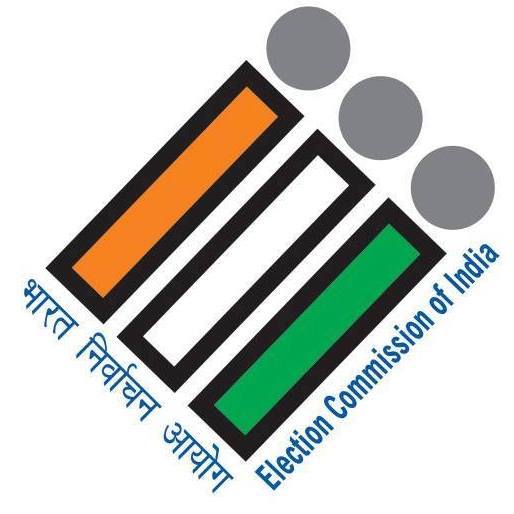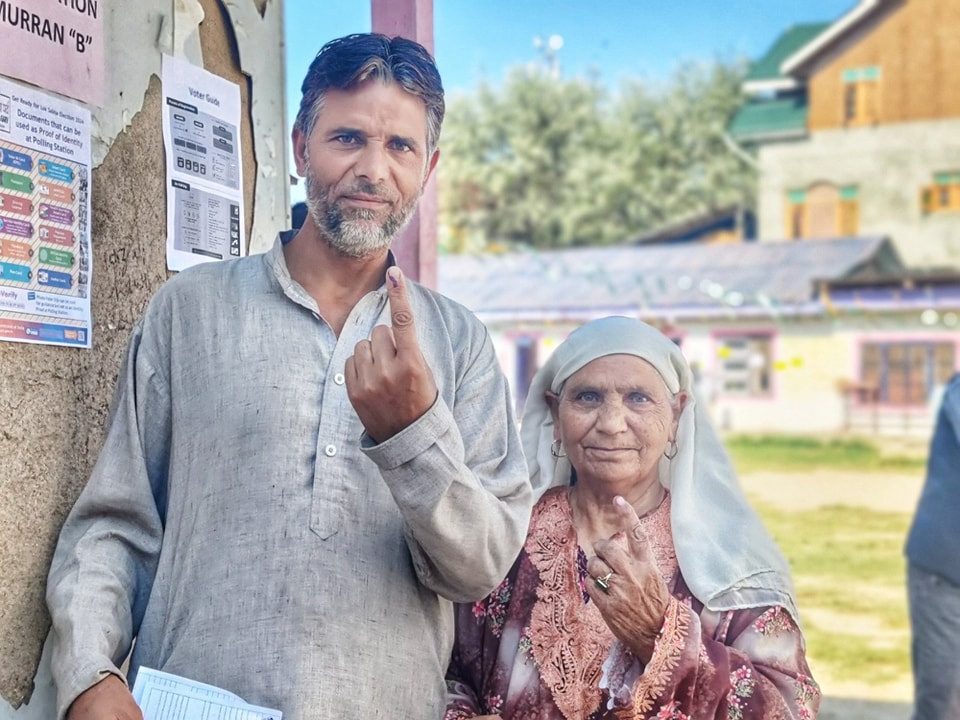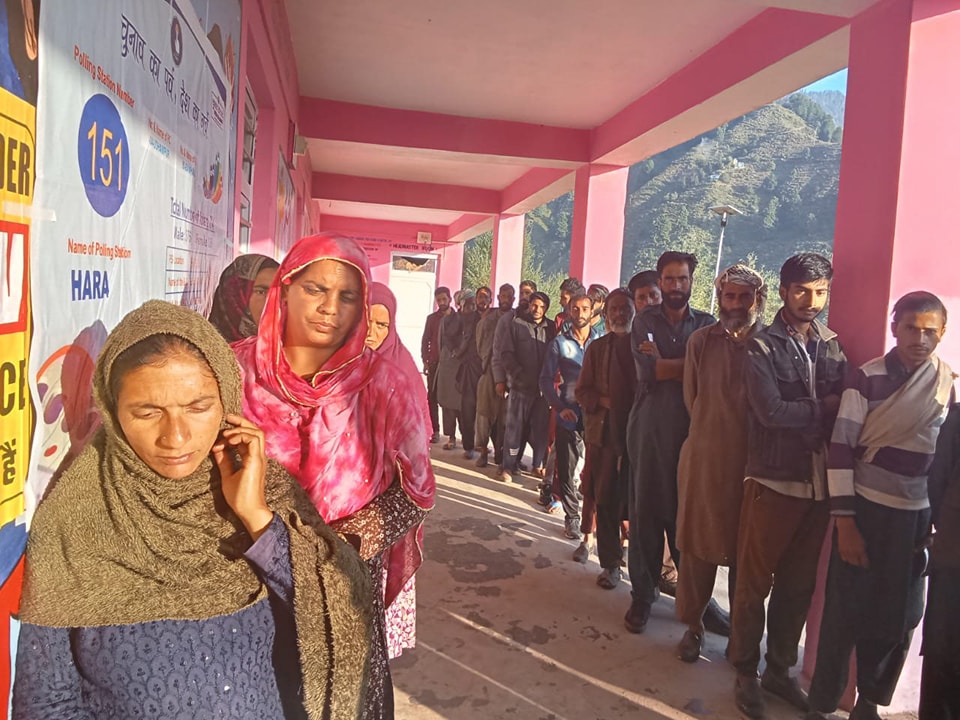Ameer Shahul
The Modi government’s recent cabinet decision to move forward with the contentious policy of ‘One Nation, One Election’—designed to hold simultaneous elections for both Parliament and state assemblies—has reignited significant constitutional, legal, and democratic concerns. Ostensibly framed as a solution to streamline governance, reduce election-related expenses, and mitigate the frequent disruptions caused by staggered elections, this decision harbors profound implications that strike at the core of India’s federal structure and democratic ethos.

A Blow to Democratic Federalism
The gravest concern surrounding this move is its potential violation of India’s carefully balanced federal framework. The Indian Constitution endows states with a measure of autonomy, particularly concerning governance and legislative affairs. Imposing a uniform electoral cycle threatens to strip states of their power to dissolve their legislative assemblies and hold elections independently. This would force states into a centrally dictated electoral timeline, significantly curtailing their authority and disrupting the principle of cooperative federalism—a principle that has long anchored India’s complex democracy.
In a nation as culturally and politically diverse as India, where regional issues are often vastly different from national concerns, forcing such uniformity on election schedules risks homogenizing the political landscape. Local issues, which often require nuanced attention, could easily be overshadowed by the broader national discourse. This threatens to tilt the balance of power heavily toward the Centre, effectively reducing state governments to subordinates of national politics, thus eroding the essence of federalism.
Constitutional Hurdles and Judicial Review
Implementing ‘One Nation, One Election’ would require significant constitutional amendments. Articles 83, 172, 85, and 174, which outline the tenures and dissolution procedures of Parliament and state assemblies, would need substantial alterations. A mere cabinet decision cannot override these provisions. Such changes necessitate not only a two-thirds majority in Parliament but also ratification by at least half of India’s state legislatures—a Herculean political task given the diverse and often conflicting interests of states, and the given numbers for the ruling combine in the Upper House.
Moreover, the Supreme Court of India has consistently upheld the “basic structure” doctrine of the Constitution, which includes democratic governance, federalism, and the separation of powers. Should this policy be challenged, there is a strong likelihood that the courts may find it in violation of this basic structure. Judicial scrutiny is likely to focus on whether such simultaneous elections would unduly interfere with the independent democratic functioning of state governments, creating a constitutional standoff that could destabilize governance.

Undermining Electoral Accountability
One of the most concerning aspects of the policy is how it undermines the principle of staggered elections, which is central to ensuring continuous democratic accountability. In the current system, staggered elections allow voters to hold both national and state governments accountable at different intervals. By aligning both elections, there is a real danger that the national political narrative will overshadow regional issues, effectively diminishing the unique political dynamics of individual states.
Frequent elections also serve as mid-term checks on ruling governments, giving voters the chance to express their dissatisfaction through state-level elections. This constant feedback loop is essential in preventing complacency or authoritarianism in governance. Synchronizing elections threatens to consolidate power in the hands of national parties, weakening the ability of the electorate to hold governments accountable regularly.
Logistical and Administrative Overload
From an operational standpoint, holding simultaneous elections for Parliament and all state assemblies would be an unprecedented logistical challenge. The Election Commission would face enormous pressure to manage such a mammoth electoral exercise, requiring enhanced security, infrastructure, and personnel deployment. Previous experiences with multi-phase elections have shown the strain the system faces even during regional elections. A single-phase, nationwide election would likely exacerbate these logistical difficulties and strain the electoral machinery to its limits.

Manipulation and Polarisation: A Recipe for Electoral Chaos
The potential for electoral manipulation also looms large. National parties, armed with greater financial and organizational resources, could dominate both state and national elections, marginalizing regional parties that are crucial in representing local interests. By shifting the focus to national issues, voters may be swayed to cast their votes for the same party at both levels, diluting the diversity of political representation across the country. This homogenization of electoral outcomes would likely weaken India’s vibrant multi-party system and regional autonomy. It was shocking to note that during the consultation process by the High Power Committee early this year, 32 parties, most of them regional parties, favored simultaneous elections, while 15 disagreed, and 15 regional parties did not respond to this question. All four former chief justices of India who participated in the consultation favored the move.
Moreover, simultaneous elections heighten the risk of polarization. With political campaigns running concurrently across states and at the national level, the temptation to use divisive narratives could skyrocket. National parties might resort to incendiary, high-stakes campaigns focusing on polarizing themes, further marginalizing regional concerns and complicating India’s already fraught social fabric.
A Precarious Precedent
The cabinet decision to implement ‘One Nation, One Election’ is fraught with constitutional, operational, and democratic dangers. This is more so because the consultation also concluded to have simultaneous elections of village panchayats at a later stage. Not only does it undermine the autonomy of states and the fundamental tenets of federalism, but it also threatens to diminish electoral accountability, homogenize political representation, and overburden India’s electoral machinery. Worse still, any attempt to bypass the necessary legislative process and force this policy through a cabinet decision alone would be a clear affront to India’s complex constitutional framework.
As this proposal inevitably faces legal challenges, the judiciary will bear the responsibility of safeguarding the democratic institutions of India. Any reformation of the electoral process must be conducted in accordance with the Constitution and with a deep respect for the diversity and autonomy that define India’s federal system.
( Ameer Shahul is an author, writer, and public policy analyst based in Bengaluru )


